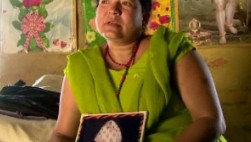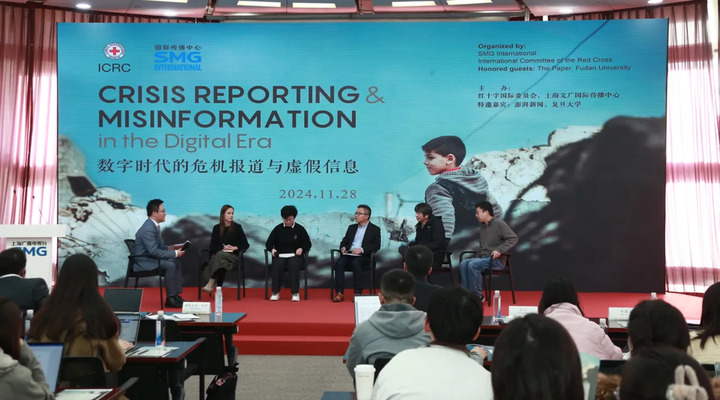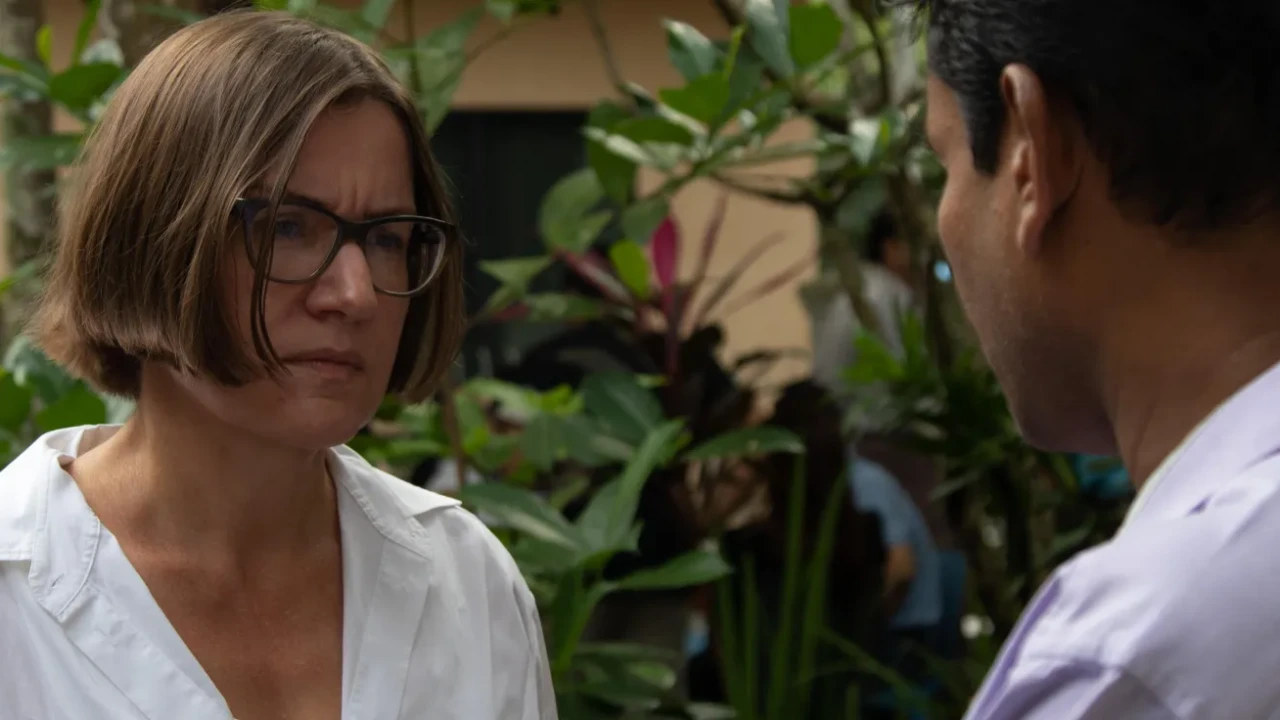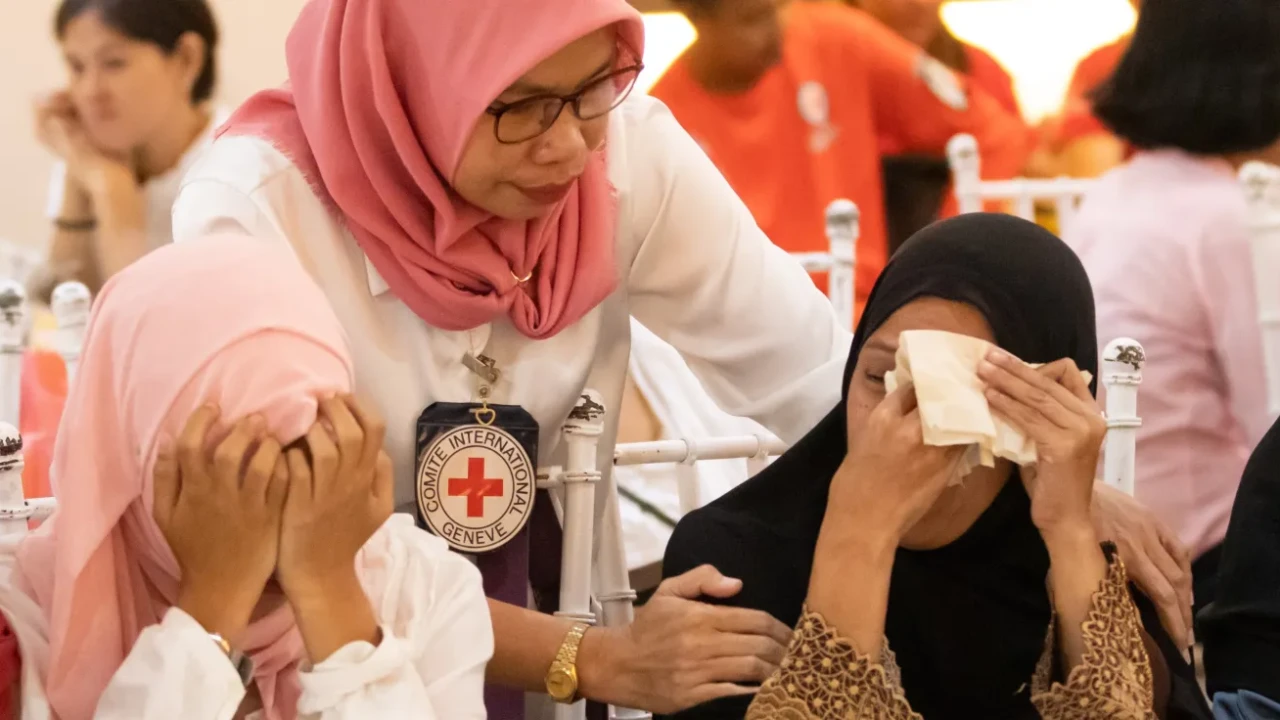Int Womens Day - ICRC Report from Nepal

This is a modal window.
When the armed conflict in Nepal ended in 2006, some 17,000 people were dead and 3,100 reported to the ICRC as missing by their families. Today, while the fate of many is known, over 1,400 people are still on ICRC's list of missing persons.
The vast majority of missing people in Nepal, and in the world, are men. Their wives are left in a state of anguish and uncertainty.
Laxmi Devi Khadka has not known the fate of her husband for over 9 years. In 2003, Maoists came to her house in Bardia, Southern Nepal and took her husband, saying they wanted to speak to him for a few minutes. He has never been seen again.
Laxmi Devi Khadka says: "I have few hopes but there is still hope until you see something. He was taken during the night, in just 5 minutes, and when the dogs bark at that time at night, I think, it was at that same time he was taken away, it could be him coming back."
In Laxmi's district of Bardia, more disappearances were recorded than in any other district of Nepal. The tree outside Laxmi's house stands as a daily reminder of her husband. She planted it the year he disappeared. It now stands tall, towering over her house.
Beyond the anguish of not knowing the fate of her husband, Laxmi, and families of missing persons everywhere, face many practical problems. Economically, they have often lost the breadwinner. They also face a multitude of legal and administrative problems.
Laxmi Devi Khadka explains: "There is a small amount of land in the name of my husband. To transfer ownership of land, you need to show a death certificate. However, I cannot be sure my husband is dead, so I can't get a death certificate."
Under international humanitarian law, families have the right to know the fate of missing relatives. Parties to a conflict have a responsibility to search for the missing.
The ICRC works with the responsible authorities to ascertain the fate of the missing persons. It also tries to build up the families' resilience to cope with the ambiguity through holistic needs-based approach. This includes legal and administrative support, as well as economic, social, and psychosocial or psychological support
At one of ICRC's support groups, Laxmi Khadka met and befriended Devisara Wali.
Devisara Wali's husband also went missing after being arrested by state security forces, who claimed he was in league with the Maoists. She also cannot move on and mourn until she has proof of his death. For Devisara, the support groups have really helped.
"Before that, I was thinking we cannot do anything," says Devisara Wali. "After I met the other women, I started to think that now we have to do something, we have to move forward for justice."
Although Devisara and Laxmi are ostensibly on different sides of the conflict, the two women, who are both 40, are now allies - united in pain.
"For days, we walked alone," explains Devisara Wali. "Now, we are walking in search of justice as victims from both sides of the conflict. This is equally beautiful. We share grief with each other."
Laxmi Devi Khadka agrees: "You console my heart and I console yours. We should not lose hope. We must move ahead."
The problem of the missing spans the globe. Wherever there is an armed conflict, people go missing. Maria Teresa Garrido Otoya, Women and War Advisor, at the ICRC says: "This is a global problem. It happens in Colombia and we are now receiving questions about missing people in Libya."
Additional facts on figures on Nepal and video shotlist are included in the dopesheet to download.



